The art of web hosting stands as the unsung hero, quietly fueling the online world we immerse ourselves in daily. Embark on a journey where we delve into the very core of web hosting, shedding light on the enigmatic realm that powers the internet as we know it. Discover the insider’s approach to mastering the art of web hosting, unlocking hidden secrets that elevate your online presence from ordinary to extraordinary. As we navigate through the intricate web hosting landscape, prepare to unravel the mysteries, demystify the jargon, and empower yourself with the knowledge to make informed decisions that shape your digital footprint. Join us as we unveil the strategies, tips, and tricks that will revolutionize your understanding of web hosting, propelling you towards digital success like never before.
Understanding the Foundation of Web Hosting
At the heart of every successful website lies a solid foundation – web hosting. But what exactly is web hosting? In simple terms, web hosting is the process of storing and serving website files on a server that is connected to the internet. It acts as a home for your website, allowing it to be accessible to users all around the world.
There are different types of web hosting available, each with its own unique features and benefits. Shared hosting, for example, involves multiple websites sharing resources on a single server. This option is often more affordable but may have limitations in terms of performance and customization.
On the other hand, dedicated hosting provides you with an entire server dedicated solely to your website. This offers greater control and flexibility but comes at a higher cost. Other types of web hosting include virtual private servers (VPS) and cloud hosting, each catering to specific needs and requirements.
When choosing a web host, it’s important to consider factors such as reliability, security, scalability, and customer support. A reliable web host ensures that your website remains accessible at all times without any downtime or interruptions. Security measures such as firewalls, SSL certificates, and regular backups protect your data from potential threats.
Furthermore, scalability allows your website to grow alongside your business or online presence. As your traffic increases or you expand your offerings, a good web host will provide the necessary resources to accommodate these changes seamlessly.
Security Measures: Safeguarding Your Online Sanctuary
In today’s digital landscape where cyber threats are prevalent, ensuring the security of your online sanctuary is paramount. Web hosts employ various security measures to safeguard your website from malicious attacks and unauthorized access.
One essential security measure is implementing an SSL certificate. This cryptographic protocol encrypts data transmitted between a user’s browser and your website, ensuring that sensitive information remains private and secure. It also helps establish trust with your visitors, as they can see the padlock symbol indicating a secure connection.
Additionally, web hosts often employ firewalls to monitor and filter incoming and outgoing network traffic. These firewalls act as a barrier, preventing unauthorized access to your website’s files and databases. Regular security audits, malware scanning, and intrusion detection systems further enhance the overall security of your online sanctuary.
Domain Management: Navigating the Digital Address Space
A domain name serves as the digital address of your website – it’s what users type into their browsers to access your online presence. Effective domain management involves choosing the right domain name, registering it with a domain registrar, and configuring it to work seamlessly with your web hosting provider.
When selecting a domain name, it’s important to choose something that is memorable, relevant to your brand or business, and easy to spell. It should reflect the essence of what you offer while being concise and catchy.
Once you’ve chosen a domain name, you need to register it with a reputable domain registrar. This process involves providing necessary information such as contact details and selecting the desired registration period. It’s crucial to keep track of your domain’s expiration date and renew it in a timely manner to avoid losing ownership.
To connect your domain name with your web hosting provider, you’ll need to update the DNS (Domain Name System) settings. This process typically involves entering the nameservers provided by your web host into the DNS management section of your domain registrar’s control panel.
The Power of Content Delivery Networks (CDNs)
In an interconnected world where speed is paramount, content delivery networks (CDNs) play a crucial role in optimizing website performance. A CDN is a network of servers distributed across various geographical locations, working together to deliver website content to users from the server closest to their location.
By utilizing a CDN, you can significantly reduce the loading time of your website for visitors around the world. When a user requests your website, the CDN automatically serves the content from the server nearest to them, minimizing latency and ensuring a smooth browsing experience.
CDNs also help distribute bandwidth usage across multiple servers, preventing any single server from becoming overwhelmed with traffic. This improves overall reliability and reduces the risk of downtime during peak periods.
Optimization Techniques for Blazing Fast Websites
In today’s fast-paced digital landscape, speed is of utmost importance. Slow-loading websites not only frustrate visitors but also have a negative impact on search engine rankings. To ensure your website performs at its best, it’s essential to implement optimization techniques.
One key aspect of optimization is compressing and minifying files such as CSS and JavaScript. This reduces file sizes and allows them to be delivered more quickly to users’ browsers. Additionally, optimizing images by reducing their file size without compromising quality can significantly improve loading times.
Caching is another powerful technique that involves storing frequently accessed data in temporary storage for faster retrieval. By implementing browser caching and server-side caching mechanisms, you can reduce the number of requests made to your web server and improve overall performance.
Harnessing Data Backup and Recovery Strategies
Data loss can be catastrophic for any website owner. Whether it’s due to hardware failure, human error, or malicious attacks, having robust data backup and recovery strategies in place is essential.
A reliable web host will offer regular backups as part of their service. These backups should be stored securely off-site so that even in the event of a complete server failure, your data remains safe and can be restored.
It’s also important to have your own backup system in place. This can involve regularly downloading backups of your website files and databases and storing them securely on external storage devices or cloud storage platforms.
Testing the restoration process is equally crucial. Regularly simulate a data loss scenario and ensure that you can successfully restore your website from the backups you’ve created.
Conclusion: Mastering Web Hosting for Digital Excellence
In conclusion, web hosting is the foundation upon which successful websites are built. By understanding the intricacies of web hosting, implementing robust security measures, managing domains effectively, harnessing the power of CDNs, optimizing website performance, and having reliable data backup strategies in place, you can master the art of web hosting and propel your online presence to new heights.
Remember, choosing a reputable web host that aligns with your specific needs is crucial. Take the time to research different providers, compare their features and pricing plans, and read customer reviews before making an informed decision.
Armed with this ultimate guide to masterful web hosting secrets revealed, you now have the knowledge and tools to embark on a digital journey filled with excellence. Harness the power of web hosting to create an online sanctuary that captivates visitors, drives engagement, and propels your digital success like never before.
SEO, providing a better user experience, and simplifying maintenance, responsive design allows you to reach a wider audience and maximize the potential of your website.
Web Hosting Tutorials is your go-to online resource for mastering web hosting and website management. From beginner-friendly WordPress guides to advanced server administration tutorials, we offer a comprehensive suite of educational content to empower your online presence. Elevate your web skills with our expertly designed tutorials and become confident in navigating the complex world of web hosting.


